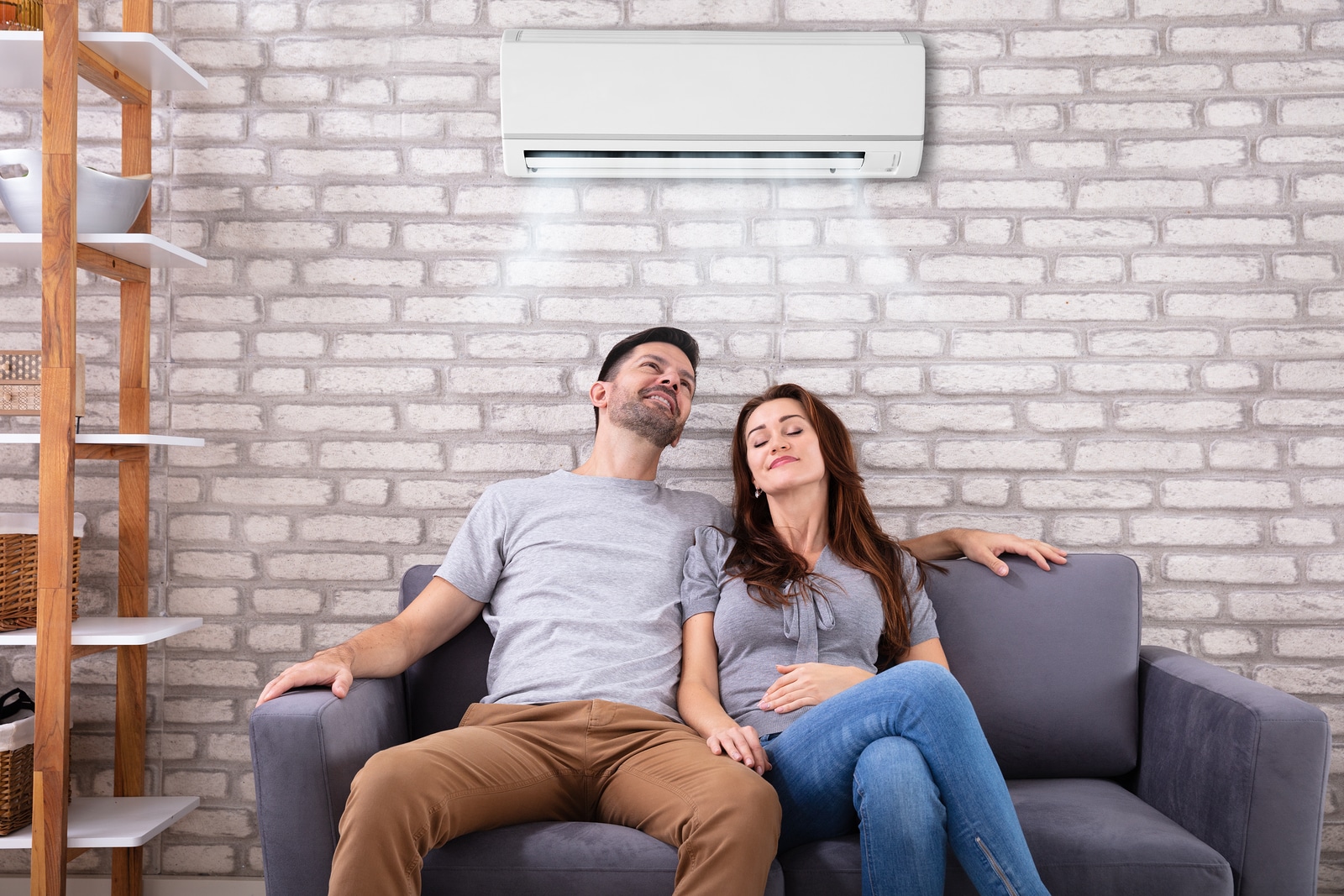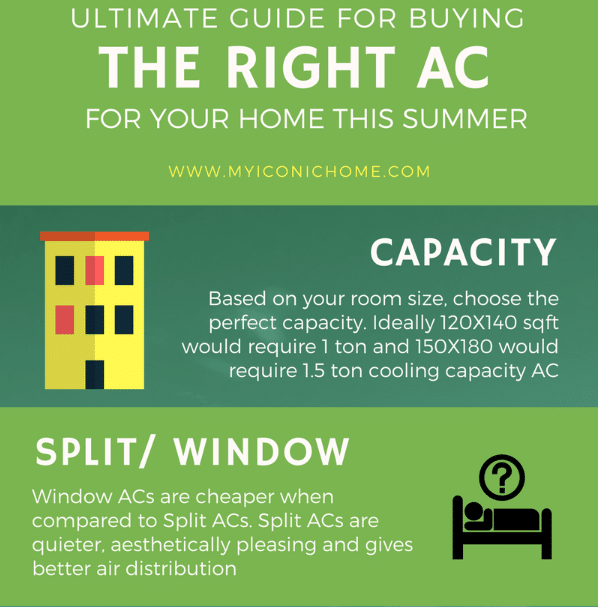Tips When Buying An Air Conditioner
This article will talk about different tips and hacks when purchasing for an airconditioner
Most air conditioners function by means of hydoflourocarbons (or HFCs), which contribute to greenhouse gas emissions that slowly destroy the Earth’s ozone layer. These devices are also powered by electricity that’s (more often than not) gained from burning fossil fuels. So as summers get hotter, carbon emissions from heavier AC usage will spike — and 12% of total energy expenditures in the US come from home air conditioning as it is. Most air conditioners function by means of hydoflourocarbons (or HFCs), which contribute to greenhouse gas emissions that slowly destroy the Earth’s ozone layer.
Before we start, here’s what you need to know about buying one of these things.
BTUs: This is an acronym you’re going to see a lot throughout this article — it stands for British Thermal Unit. It’s not just for the Brits, though; we use it as well to measure energy usage. In short, one BTU is the amount of energy required to raise the temperature of one pound of water by one degree Fahrenheit. So, when you track an AC unit’s BTUs, you’re looking at how much energy your appliance can process to heat or cool your room. The more BTUs, the more powerful the AC — which means it can change the temperature of a room more quickly, and even cover more square footage.
Energy Star Certification: If you’re looking for an eco-friendly air conditioner, it’s probably your best bet to stick with one that’s backed by the Energy Star label (except for this super small one on our list that uses barely any power at all). Energy Star is a government-backed symbol that signifies a product’s energy efficiency. In short, if you see the logo on an AC unit, you can definitely send it through to the next round of “America’s Next Top Air Conditioner” for consideration.
Important Air Conditioner Characteristics: Okay, so these are a little bit broader, and some will ultimately just come down to preference.
1. Look for an Energy Star-certified unit
Aside from the greenhouse gasses, air conditioners are also big energy suckers, responsible for about 6 percent of the energy use in the United States each year.
If you’re buying a new window or wall unit, look for an Energy Star certification, indicating the unit has met strict guidelines set by the Environmental Protection Agency.
According to the EPA, Energy Star-certified units use about 8 percent less energy than conventional new models.2. Pick the right size and type
Not all A/C units are equal. It’s important to buy a unit that not only fits your window, but is also the right size for your space.
“If you purchase a small unit for a large room, you’ll likely overwork your system and waste more energy,” said Kealia Reynolds, sustainability editor at House Method.
If you have central A/C, it might be worth the investment to install a programmable thermostat that can allow you to set a different temperature when you’re away from home.
This way, you can keep it really cool when you need it, but you won’t waste energy in the meantime.
“You can keep the temperature higher when you’re at work or on vacation, saving you money on your monthly utility bills,” Reynolds said.
You can save about 10 percent on energy costs each year by turning your thermostat 7 to 10 degrees warmer for eight hours a day. Since your bill is directly tied to the amount of energy you’re using, that means you’re doing your environmental part, too.
If you’re in the market for a new place to live, deciding whether to live with central A/C or a window unit also has environmental consequences.
A central air conditioning unit uses much more energy to cool your home — 3,500 watts for central air versus 500 to 1,440 for a window unit.
That’s because a central air unit isn’t just cooling a larger area. It’s also using the furnace to push air throughout the home. That all adds up to a bunch more energy used.
3. Look for alternatives
Since humidity makes it feel much hotter than the actual temperature, you might find that a dehumidifier is a great alternative option to an air conditioner.
On not-so-hot days, don’t turn on your A/C unit. Get a few window fans to cool out the space and circulate air instead.
Unlike other fans, which cool you down by circulating air and speeding up your body’s natural cool down process, window fans can actually push colder air from outside into the room. That can drop the temperature.
In addition, keeping your blinds closed during the day can make a big difference.Source
Airconditioner Buying Guide
The following video will give you a glimpse and a guide in order to identify the best airconditioner that would suit you.
We’ll walk you through everything from window and ductless units to whole house systems so you can choose the best type for your cooling needs
After scouring the web and reading hundreds of reviews, these are our favorite eco-friendly AC units you can get on the web right now:
Best overall
LG Art Cool Mirror
Packed with plenty of high-end features and energy-savings functions, it’s a hard one to beat.
Type: Wall-Mounted
BTU: 12,000
Energy Star Certified: YesSource
Best for Small Spaces
Evapolar EvaLight Personal Air Cooler
Put it near your desk or in your office to keep you cool while you work, or position yourself in front of it while you play video games.
Type: Portable
BTU: N/A
Energy Star Certified: No
Best Smart Controls
Frigidaire Cool Connect
Use the Frigidaire app to control the device from anywhere and thus conserve energy consumption.
Type: Window
BTU: 6,000
Energy Star Certified: Yes
Best Window Unit
LG LW1817IVSM
This is one of the best window units you can get — although it’s pricey, the smart features, unique modes, and energy savings make it a worthy purchase.
Type: Window
BTU: 18,000
Energy Star Certified: Yes







